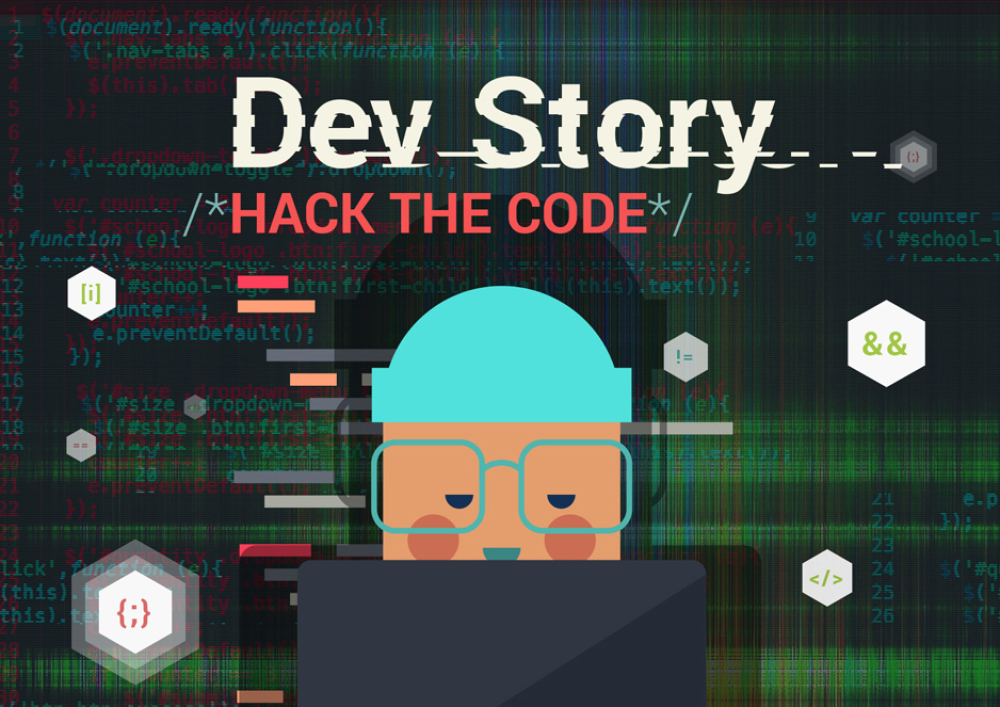2015 Bronze Best Use of Mobile
01 Dec 2015

MRM Meteorite
Intel
Dev Story/*Hack the Code*/
01 Dec 2015

MRM Meteorite
Intel
Dev Story/*Hack the Code*/
Members enjoy unlimited access to the very best industry-leading insight, advice & inspirational content.
If your organisation is already a member of the DMA, please login or register to continue browsing.
If you are yet to join our community of over 27k+ marketers, just register your interest and one of the team will get in contact with you
If you are looking to download a report please request report here and select the report you’d like to access to get it straight to your inbox. If you can't see the report you'd like to access, contact: membership@dma.org.uk.
If are logged in and your organisation is already a member of the DMA, please contact your DMA Account Manager for further assistance.